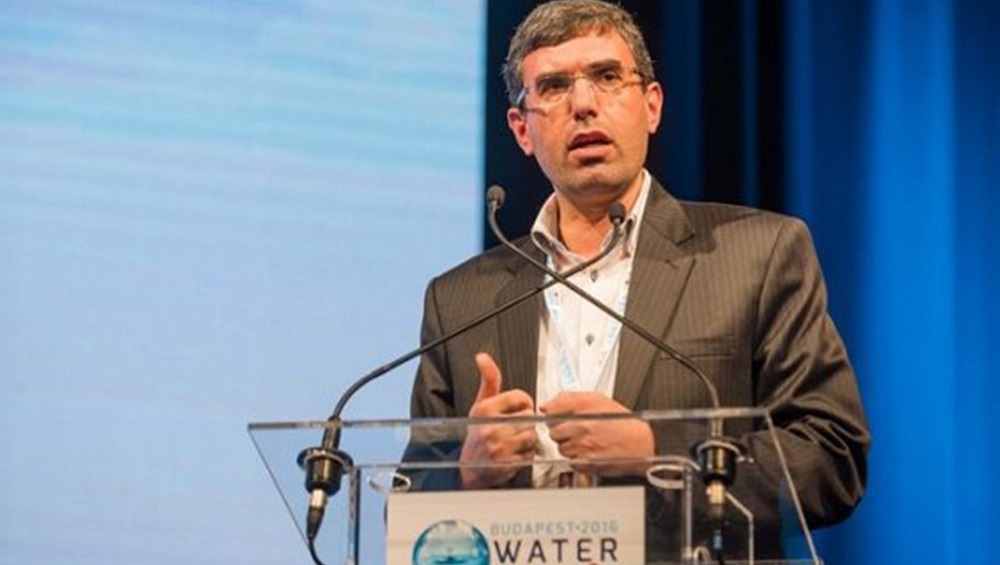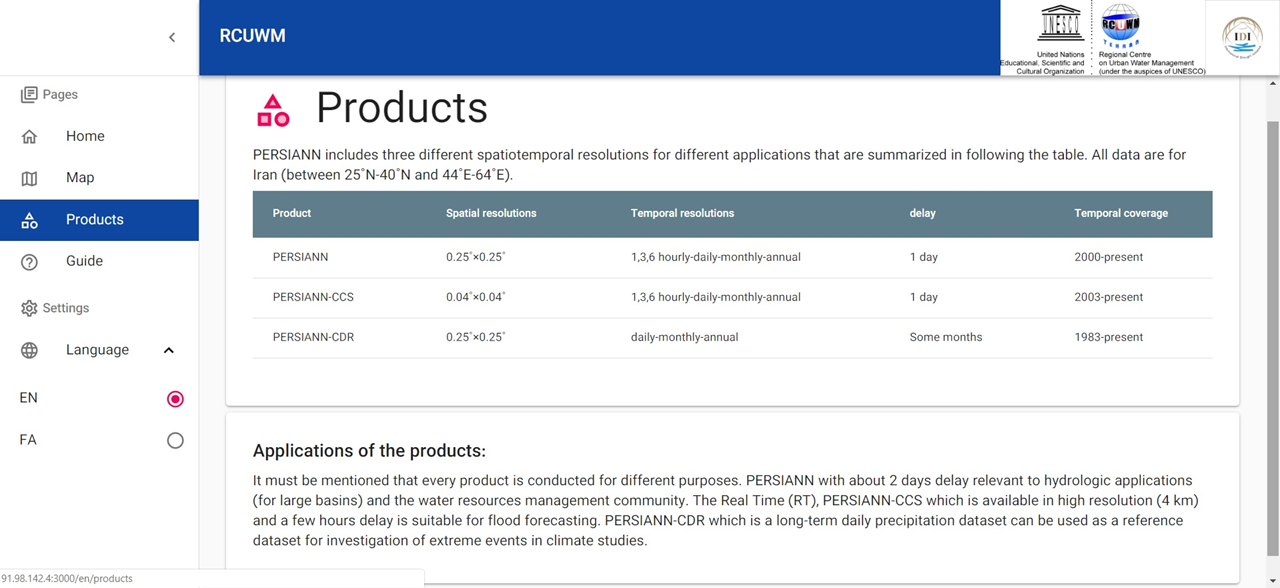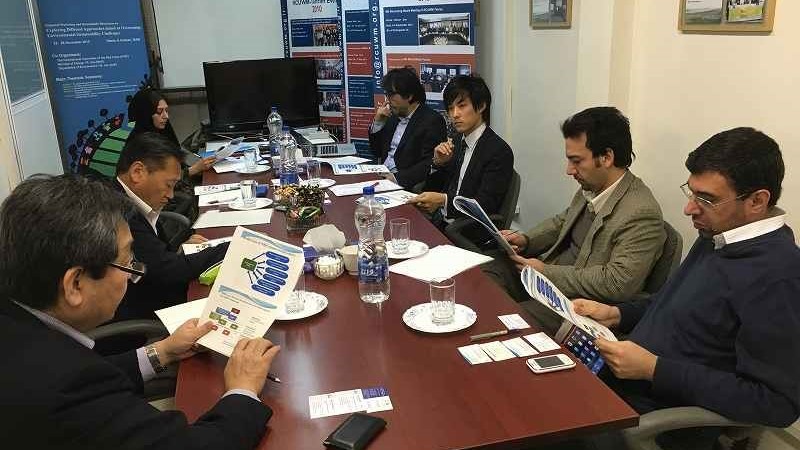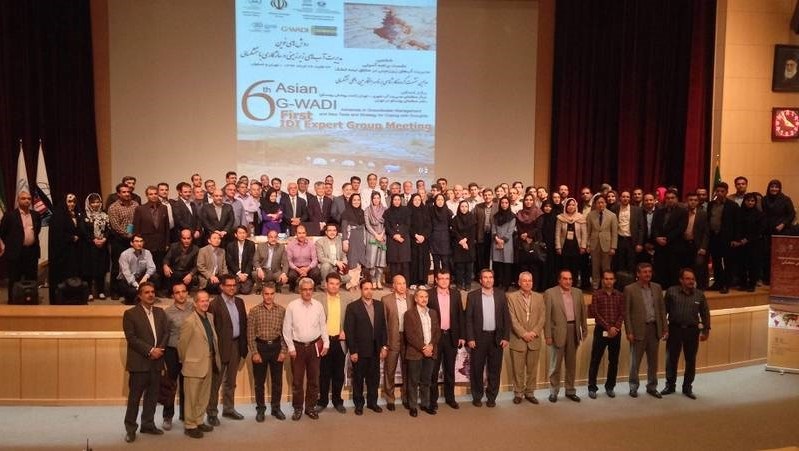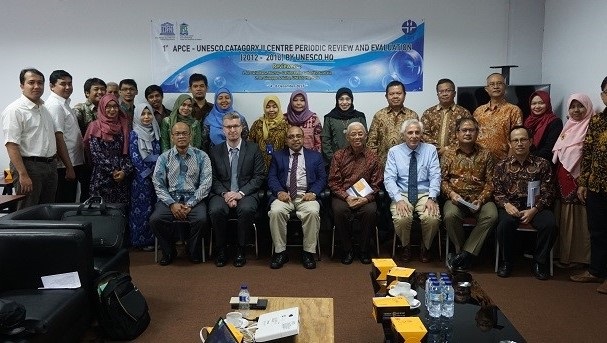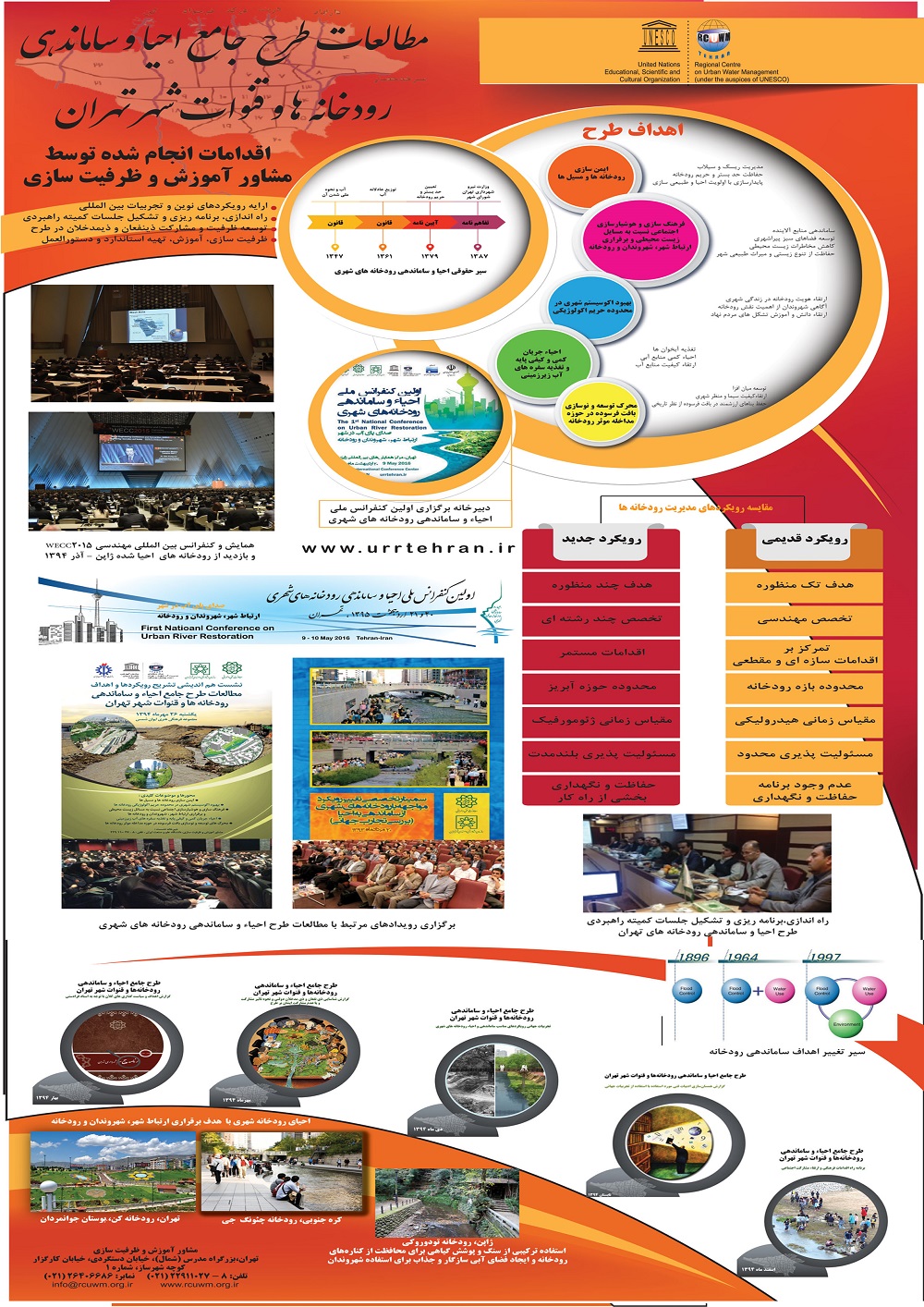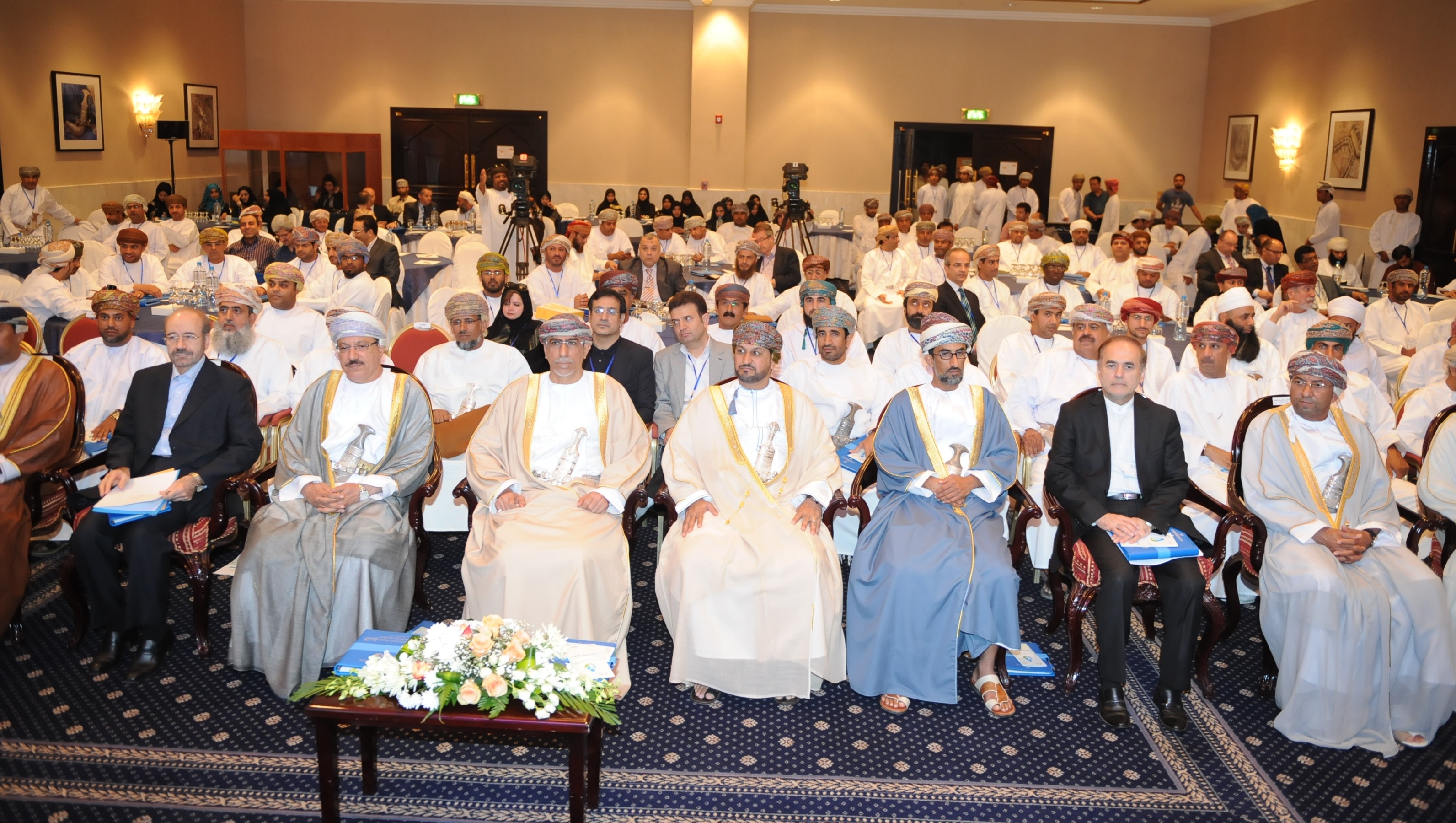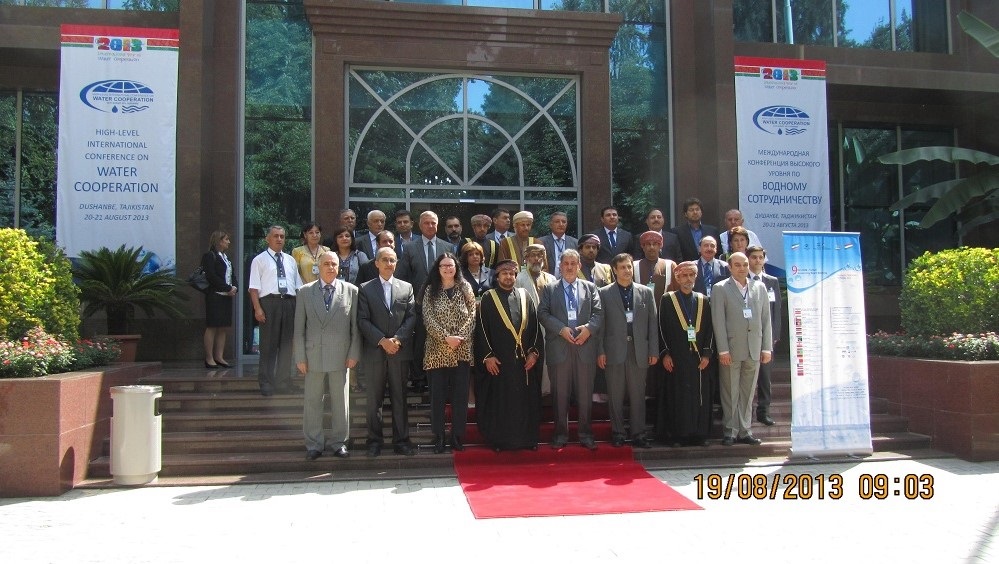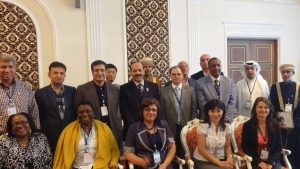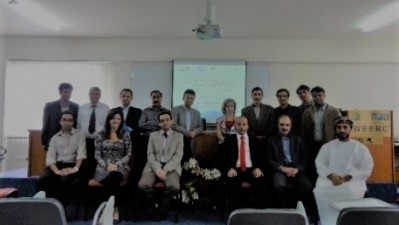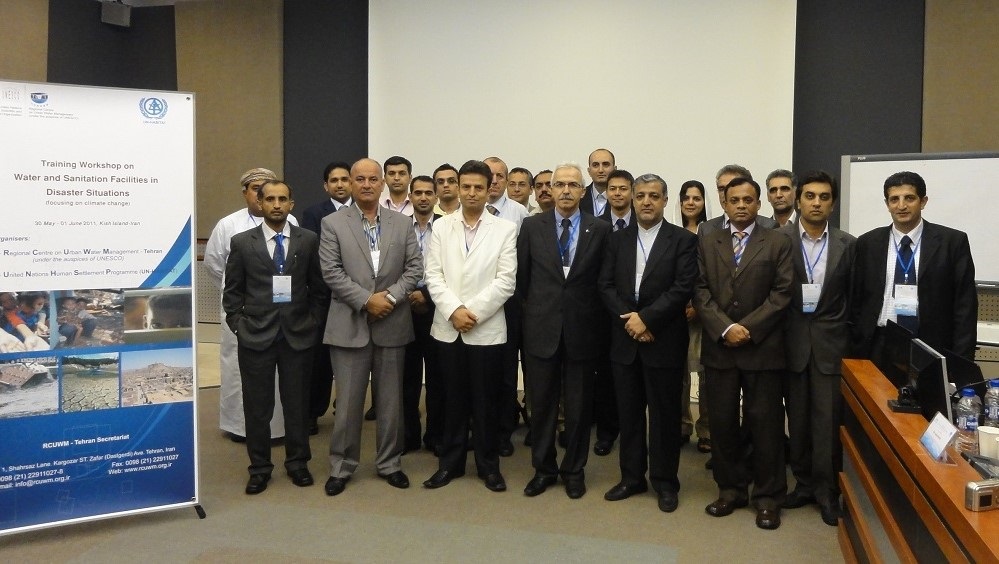Technical Session: How to Improve Sanitation and Hygiene (Budapest Water Summit)
Date: 28 November 2016
Venue: Budapest, Hungary
Co-organizers: RCUWM–Tehran, UNESCO, WHO
Participating Countries/Organizations: France, Germany, Hungary, Iran, Kenya and USA
Number of Participants: 150
Number of Female Participants: 45 (30%)
Objectives/Outcomes:
Discussion on developing, test innovative and low cost technologies such as water-free sanitation, to be applied in urban area.

